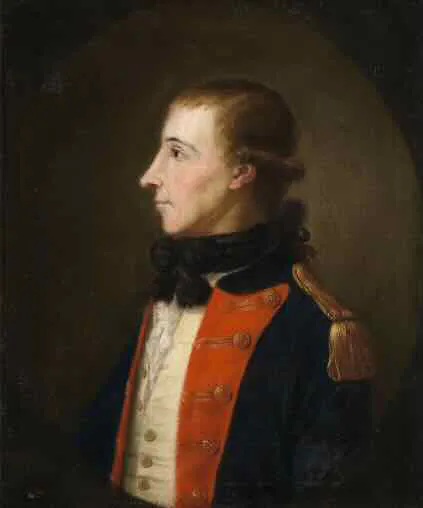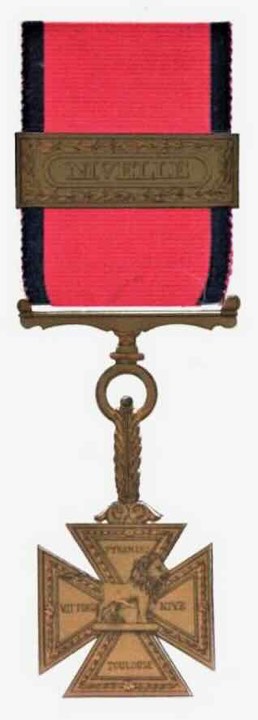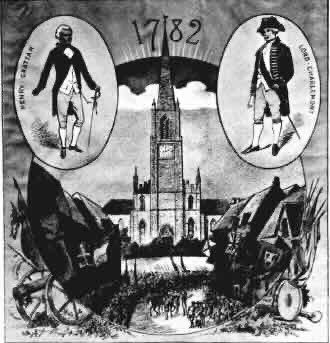- January 1, 1
Theobald Wolfe Tone, a prominent figure in Irish history and a leader in the United Irishmen movement, was tried on and convicted of treason on November 10, 1798 in the aftermath of the Irish Rebellion of 1798.
Wolfe Tone, an advocate for Irish independence and the establishment of an Irish republic, had played a key role in the United Irishmen, a revolutionary organization seeking to end British rule in Ireland. The 1798 Rebellion aimed to achieve these goals but ultimately failed.
After the rebellion was suppressed, Wolfe Tone was captured by British forces. He was put on trial for his involvement in the rebellion and found guilty of treason. Facing a death sentence, Wolfe Tone attempted suicide while in prison, but his attempt failed, and he died from his injuries.
Wolfe Tone’s trial and his dedication to the cause of Irish independence have made him an enduring symbol of Irish nationalism and the ongoing struggle for self-determination in Ireland.
To the people, he had the following to say from the dock:
I have laboured to abolish the infernal spirit of religious persecution, by uniting the Catholics and Dissenters. To the former I owe more than ever can be repaid. The service I was so fortunate as to render them they rewarded munificently; but they did more: when the public cry was raised against me—when the friends of my youth swarmed off and left me alone—the Catholics did not desert me; they had the virtue even to sacrifice their own interests to a rigid principle of honour; they refused, though strongly urged, to disgrace a man who, whatever his conduct towards the Government might have been, had faithfully and conscientiously discharged his duty towards them; and in so doing, though it was in my own case, I will say they showed an instance of public virtue of which I know not whether there exists another example
His eloquence was in vain, and his request to be shot was denied.
Before this sentence was carried out, he was mortally wounded as a result either of being tortured by British soldiers or, as is today more generally accepted, of attempting to slit his own throat.
The story goes that he was initially saved when the wound was sealed with a bandage, and he was told if he tried to talk the wound would open and he would bleed to death.
He responded by saying “I can yet find words to thank you sir; it is the most welcome news you could give me. What should I wish to live for?”.
Military surgeon Benjamin Lentaigne treated Tone just hours before he was due to be hanged. A pamphlet published in Latin by the doctor some years after Tone’s official “suicide” refers to an unusual neck wound suffered by an unnamed patient which indicated that “a bullet passed through his throat”. This has led to speculation that Tone may have been shot.
Theobald Wolfe Tone died on 19 November 1798 at the age of 35 in Provost’s Prison, Dublin, not far from where he was born. He is buried in Bodenstown, County Kildare, near his birthplace at Sallins, and his grave is in the care of the National Graves Association.

 ← Thomas Lloyd, son of John Lloyd, former MP for Kings County and Innistiogue, is killed at the head of his regiment at the passage of Nivelle in south-west France
← Thomas Lloyd, son of John Lloyd, former MP for Kings County and Innistiogue, is killed at the head of his regiment at the passage of Nivelle in south-west France
 National Volunteer convention on parliamentary reform begins at the Rotunda in Dublin →
National Volunteer convention on parliamentary reform begins at the Rotunda in Dublin →